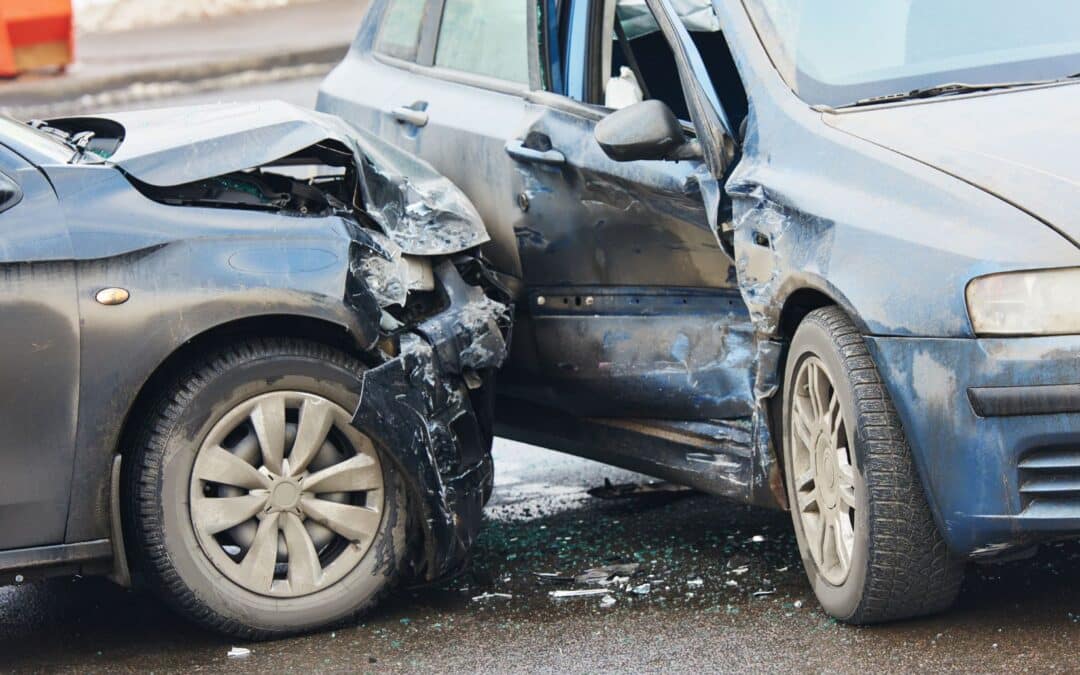Motor vehicle accidents can be a traumatic experience, leaving behind physical injuries and emotional scars. Anxiety and fear are common emotional responses to such an event, affecting daily life and overall well-being. Understanding and addressing these feelings is crucial for recovery.
The Emotional Impact of Car Accidents
Car accidents can trigger anxiety and fear due to the sudden and unexpected nature of the event. The experience can leave individuals feeling vulnerable, leading to increased anxiety and fear of:
- Driving or riding in a car: Fear of being involved in another accident, losing control, or being injured again.
- Specific roads or intersections: Avoidance of the accident location or similar environments due to associated traumatic memories.
- Losing control or being involved in another accident: Fear of being powerless to prevent future accidents or injuries.
Recognizing Anxiety and Fear
Identifying the signs of anxiety and fear is essential for seeking help. Common symptoms include:
- Persistent worry or fear about driving or car-related situations: Recurring thoughts or concerns about safety, accidents, or injuries.
- Avoidance behaviors: Avoiding certain roads, driving altogether, or engaging in activities that remind you of the accident.
- Physical symptoms: Rapid heartbeat, sweating, trembling, or nausea when confronted with driving or car-related situations.
- Difficulty concentrating or sleeping: Trouble focusing or experiencing nightmares, flashbacks, or insomnia due to racing thoughts or anxiety.
Coping Mechanisms and Strategies
Fortunately, there are ways to cope with anxiety and fear after a car accident:
- Seek Professional Help: Consult a mental health professional, such as a therapist or counselor, for guidance and support. They can help you:
- Process emotions and develop coping strategies
- Address underlying fears and anxieties
- Improve overall mental well-being
- Relaxation Techniques: Practice techniques like:
- Deep breathing exercises: Slow, deliberate breathing to calm the mind and body
- Progressive muscle relaxation: Tensing and relaxing muscles to release physical tension
- Visualization: Imagining safe, calming environments to reduce anxiety
- Gradual Exposure: Gradually confront feared situations, starting with small steps, to build confidence and comfort. For example:
- If afraid of driving, start with short drives in a safe area, gradually increasing distance and difficulty
- If afraid of a specific road, drive on it with a trusted companion, then alone
- Support Network: Surround yourself with a supportive network of:
- Family and friends: Loved ones who can offer emotional support and encouragement
- Support groups: Connecting with others who have experienced similar traumas
- Online resources: Websites, forums, and hotlines providing information and support
- Self-Care: Engage in activities promoting physical and emotional well-being, such as:
- Exercise: Regular physical activity to reduce stress and anxiety
- Meditation and mindfulness: Practices promoting relaxation and focus
- Hobbies: Engaging in enjoyable activities to distract from anxiety and improve mood
Examples of Coping in Action
- Sarah’s Story: Sarah, a car accident survivor, struggled with driving on highways. With the help of a therapist, she gradually exposed herself to highway driving, starting with short distances and gradually increasing her comfort level. She practiced relaxation techniques, such as deep breathing and visualization, to manage her anxiety while driving.
- Mark’s Story: Mark, another accident survivor, practiced relaxation techniques, such as deep breathing and visualization, to manage his anxiety while driving. He also joined a support group, connecting with others who had experienced similar traumas, and engaged in regular exercise to reduce stress and anxiety.
Conclusion
Coping with anxiety and fear after a car accident requires patience, understanding, and support. By recognizing the emotional impact, identifying symptoms, and implementing coping mechanisms, individuals can work towards recovery and regain control over their lives. Remember, seeking help is a sign of strength, and there are resources available to support you through the healing process.
If you’re looking for an experienced Chicago personal injury lawyer to help navigate your personal injury claim, we will fight diligently for your right to the compensation you deserve. Call Bizzieri Law Offices at 773.881.9000. The case evaluation is free, and we never charge a fee unless we recover damages for you.

